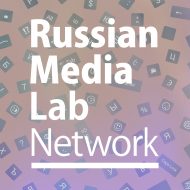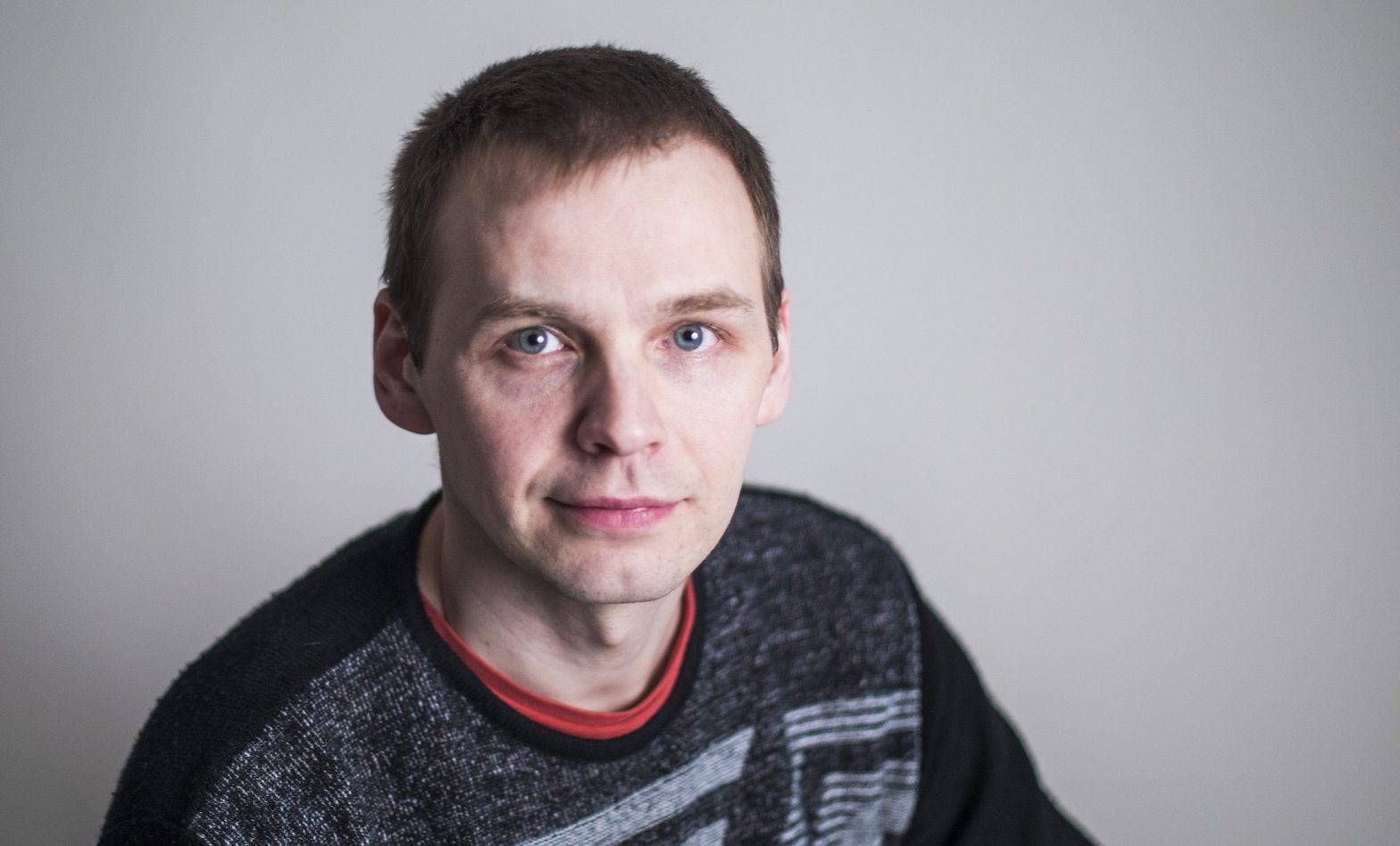by Janne Suutarinen
“To me, it is not clear what would be more important for the society: to feel satisfied with these narrow streams of alternative information, or to forget about them and strive for more open opposition; to fight the propaganda and to protect the rights of journalists.”
Dmitry Yagodin is a postdoctoral researcher in Aleksanteri Institute, Helsinki. His PhD The Blogization of Journalism (2014) dealt with how blogs politicized media and social space in Russia. Yagodin has broadly studied Russian media and journalism, as well as gathered experience as a journalist in Russia.
Currently Yagodin is working in the Russian Environment research group headed by Veli-Pekka Tynkkynen.
In the early 2000’s the Russian blogosphere appeared as an alternative and less constrained space for people to express themselves. This sparked Yagodin’s interest to study the topic.
What is the current state of blogosphere in Russia?
First of all, it is hard to define ‘blogosphere’ nowadays. Ten years ago that was much easier, since it was centered around LiveJournal – the most used platform back then. Now the term is difficult, because there is Instagram, Telegram, Facebook, Vkontakte, Odnoklassniki… An explosion of blogosphere has occurred. The single platform was abandoned, and the blogosphere has spread to all kinds of different platforms.
LiveJournal was launched in the US in 1999, and in about two years from that, Russian journalists started to talk about this phenomena, that somehow felt as a new kind of journalism. Many liberally minded people – journalists, artists and writers – started using the platform. In my research I have found that the journalists, who didn’t have a chance to speak openly about certain things in their newspapers, magazines and TV channels, would cover the topics in their blogs instead.
Before, the Russian blogosphere was more inhabited by journalistic and professional producers of content. To become popular and famous on LiveJournal, you really had to be good at something, for instance having exceptional language skills or interesting contacts and sources. During the years, there has happened de-anonymisation in the blogosphere. These days the blogosphere is more diverse and dynamic. Facebook is very popular among those who were using LiveJournal a decade ago. YouTube is huge in Russia right now. And the people who really care about information are using Telegram a lot.
Is the blogosphere still ‘the beacon’ of freedom of speech in Russia? Are there political constraints?
The political constraints are finding their ways to the blogosphere all the time. Particularly after the protests of 2011–2012, when the authorities realised that they are losing the contact with people: people seemed to be trusting Twitter more than they trusted the state’s TV channels. Soon followed a series of legislative changes that restricted the freedom of speech everywhere. Just the beginning of this progress was adoption of the so called bloggers’ law in 2014, which dictated that the popular bloggers should be registered as ‘mass media’, and the media legislation should apply for them also. The Russian state’s attempt to bring (what the authorities saw as) the chaos of social media to some kind of order began.
The legislation was also a means to make people think about what they do online, also in terms of their responsibilities. In the moment, the boundary of difference between extremism as a way of critizising the government, and extremism as a form of terroristic planning is very vague. The new legislations have multiple effects: they are somehow keeping real extremists from expressing and distributing their ideas, but at the same time the abilities of non-extremists to speak critically have decreased. In this sense, this space of freedom of speech is constantly shrinking. That is one of the reasons why people started to use Telegram a lot.
Telegram can be used as an anonymous communication platform, which also allows the establishment of channels for one-way information traffic. This allows the information flow to be free of trolling or interruptions, which can in different instances be either positive or negative thing. In the most popular channels, there are thousands of people reading the messages of the administrator. The platform was banned by the Russian officials earlier this year, but the platform is still functioning. The problem was that many authorities and lower level officials were using Telegram – not only for reading different information channels but also for communicating within their institutions.
The anonymity in Telegram is a tricky question. It is like the early days LiveJournal: people are guessing, who are the sources of the channels. This creates as well the issue of trusting the information. All the time there is a peculiar play going on between being able to openly say what you want while being protected by the platform, and at the same time being open. Also the state has interest in keeping the alternative discussions going: that way there is a way to get clues of possible threats being plotted and the topics that are on the lips of the people.
To me, it is not clear what would be more important for the society: to feel satisfied with these narrow streams of alternative information, or to forget about them and strive for more open opposition; to fight the propaganda and to protect the rights of journalists.
How do you see the future of these issues?
A difficult question; looking into the future is always just a speculation. If we are to take a guess of a plausible future scenario, we should look into the power structures.
Currently in Russia, the elites’ interest is to maintain their power and to stay in power, whatever the costs. If this is taken as the basis for what to expect, it would be reasonable for them to hold off any kinds of attempts of the oppositional powers to hijack the mainstream agenda. They would try to prevent oppositional leaders to get their message in the mainstream media.
When the resources of a country are diminishing, the competing for them also intensifies. The situation with the sanctions and other economic challenges might give rise for more critical tones from certain groups that feel they could be better off. In that sense, for the government it would be beneficial to block the consensual development of media. They benefit from keeping the information space fragmented.
To simplify, I think that the Russian government and the elites are still interested in keeping these smaller and less influential channels running, but they also want to make sure they are not going to dispose them completely. The question of the future is dependent on where this balance will be in few years: is there going to be enough resources to keep the majority of the elites satisfied with this order, or if the resources get scarcer and scarcer, how are the lower level elite groups kept from aligning with Aleksey Navalny, or other oppositional characters.

